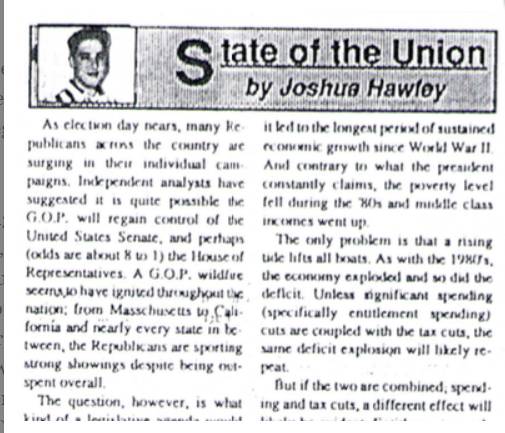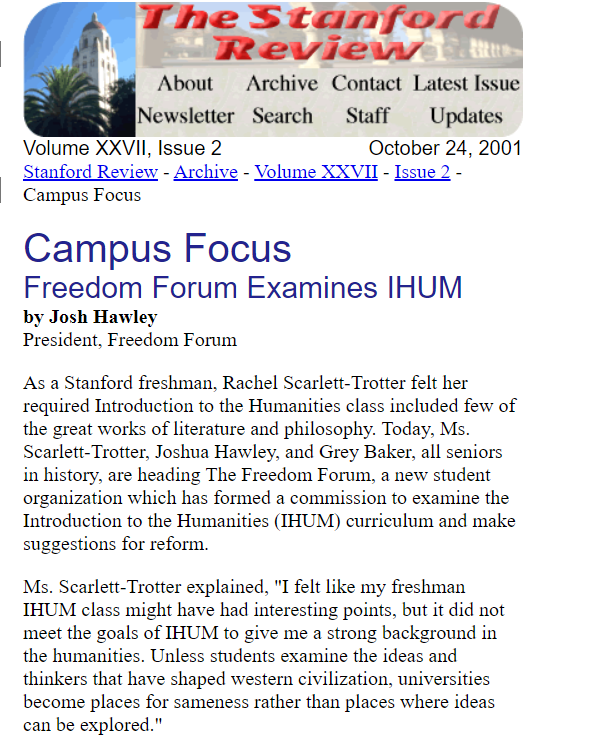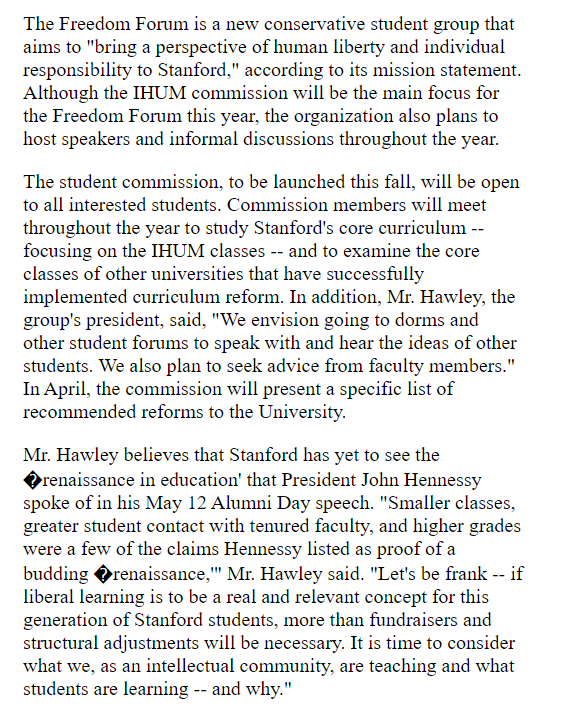1. Disruption of the phosphorous cycle - the second most vital element for plants after nitrogen
https://t.co/469VD58O9x
1. Heat stress reducing crop yields https://t.co/7SNN00rNox\xa0
— Jim Baird (@JimBair62221006) February 14, 2020
2. Heat stress on farmers (sometimes fatal) https://t.co/jYKjwATe5S, https://t.co/wtcp0kT8Wk\xa0
3. Heat stress on livestock (often fatal) https://t.co/MxogLlksC2, https://t.co/RiJ0A7ezld, https://t.co/rGX2UTTUJM
'future warming and unmitigated ozone pollution in the US, could cause a decline\xa0of 13% in wheat crops, 28% in soybean yield, and 43% in maize by 2050'
— Jim Baird (@JimBair62221006) September 19, 2020
& in India, ozone is 'killing crops that could feed 94 million'#ClimateCrisis #AirPollutionhttps://t.co/T3iTCj5C0X
Consortium of scientists studying "Flash Droughts" that can develop in as little as 2 weeks & "can kill off crops over large areas, as happened across the midwestern United States in 2012"
— Jim Baird (@JimBair62221006) March 28, 2020
Will occur with greater intensity & frequency with #ClimateCrisishttps://t.co/sxfv3e1kNM




